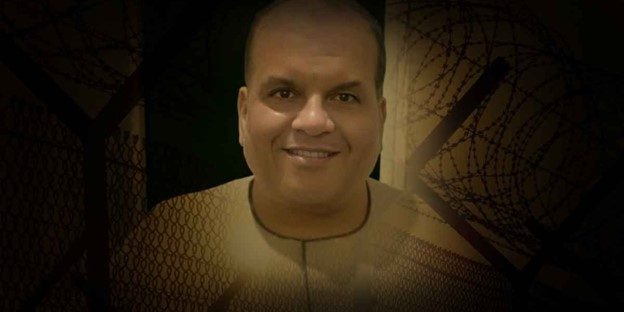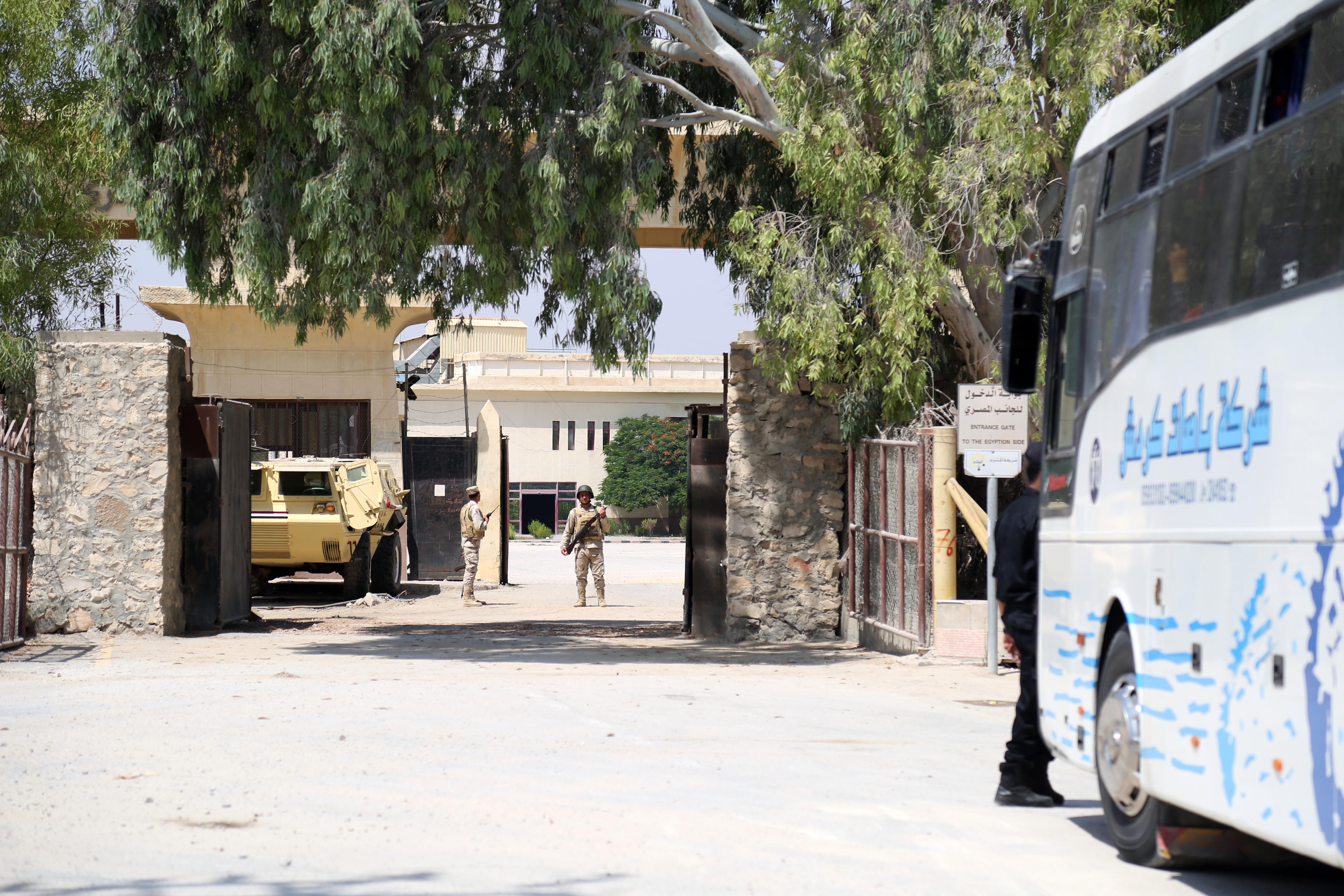
A new political prisoner has died in prison due to the inhumane conditions of detention place in Minya El-Qamh, Sharqia, according to Committee for Justice.
The Committee for Justice human rights organization monitored on Thursday, August 18, 2022, the death of a new political detainee inside his prison in Minya el-Qamh Police Center, Sharqia.
The detainee, Emad Bayoumi Awad El-Shamandili, 55, died as a result of the poor conditions of detention, including overcrowded cells, and high temperature.
Al-Shamandili, from the village of Sanhwa, in the Minya Al-Qamh district of the Sharqia governorate, was arrested along with his son, Islam Emad, on November 8, 2020, from Alexandria, and was subjected to enforced disappearance for 3 months.
4 deaths in prison since early July
In addition to the case of Al-Shamandili, the Committee for Justice has monitored the death of 4 detainees inside detention centers and headquarters in Egypt, since July 1, 2022 only, which indicates a further deterioration of the living and health conditions and conditions inside Egyptian prisons and places of detention.
The deceased detainees are; Mahmoud Ahmed Mohamed Othman 64, known as Mahmoud Othman El-Labban, an agricultural engineer and a father og 5 children, living in the Raml area in Alexandria. He was arrested 6 months ago, specifically in January, and died inside prison in Borg El Arab Prison, west of Alexandria, on July 19.
Also, the detainee Yasser Farouk El-Mahlawi died in prison after more than two and a half years of pretrial detention on Case No. 1269 of 2019, a case of a political nature in which accusations varied between belonging to a banned group and smuggling funds abroad.
On July 2, the detainee Mohamed Ibrahim Mohamed Ali Hamad, 70,, died in prison after being transferred to the Minya High Security Prison Hospital following deterioration of his health condition deteriorated. He was acused in the case known in the media as the storming of Maghagha police station.
Hamad was suffering from a liver disease, which was badly affected by the harsh and inhumane conditions of imprisonment, and the intransigence of the Minya prison administration in providing health care and proper treatment in the right place and time, which led to the deterioration of his health and ultimately his death.
Also, the detainee Ahmed Yassin died in Mansoura Prison Hospital, after suffering a heart attack inside prison. Yassin, member of the Dostur Party, was arrested in September 2021, pending Case 910 of 2021 Supreme State Security, on charges of spreading false news about political and economic conditions in the country with the intent of disturbing public peace.
Many detainees are locked for long stretches in the Egyptian prisons’ filthy cells, subjected to routine torture and denied lifesaving medications, according to former inmates, their families and lawyers, and rights groups. Some never leave.
Such conditions are widespread, according to former inmates, lawyers and rights groups. Several former detainees and their families said their experiences were not as severe, but they, as well as rights groups and lawyers, said they were the exceptions.
More than a thousand people have died in Egyptian custody since the authoritarian Abdel Fattah el-Sisi came to power in a 2013 military takeover, owing to treatment that rights groups say amounts to deadly negligence.
No public records exist of the number of prisoners stuck in the pretrial detention system. But an analysis by The New York Times found that at least 4,500 were detained without trial in one six-month period — many in abject, occasionally life-threatening, conditions.
Egypt has built 60 detention centers over the last 11 years, almost all of them under Mr. el-Sisi, according to Egyptian reports and the Cairo-based Arabic Network for Human Rights Information, which shuttered this year after relentless government harassment. As of 2021, the country had 78 prisons, the group said.
This spring, Egypt’s best-known prisoner of conscience, the British-Egyptian political activist and intellectual Alaa Abd El Fattah, went on a hunger strike in a small cell without a bed or mattress. For months, his family said, he had been denied books, newspapers, a radio, hot water and exercise in the prison yard, though the authorities have softened some restrictions amid international pressure for his release.



